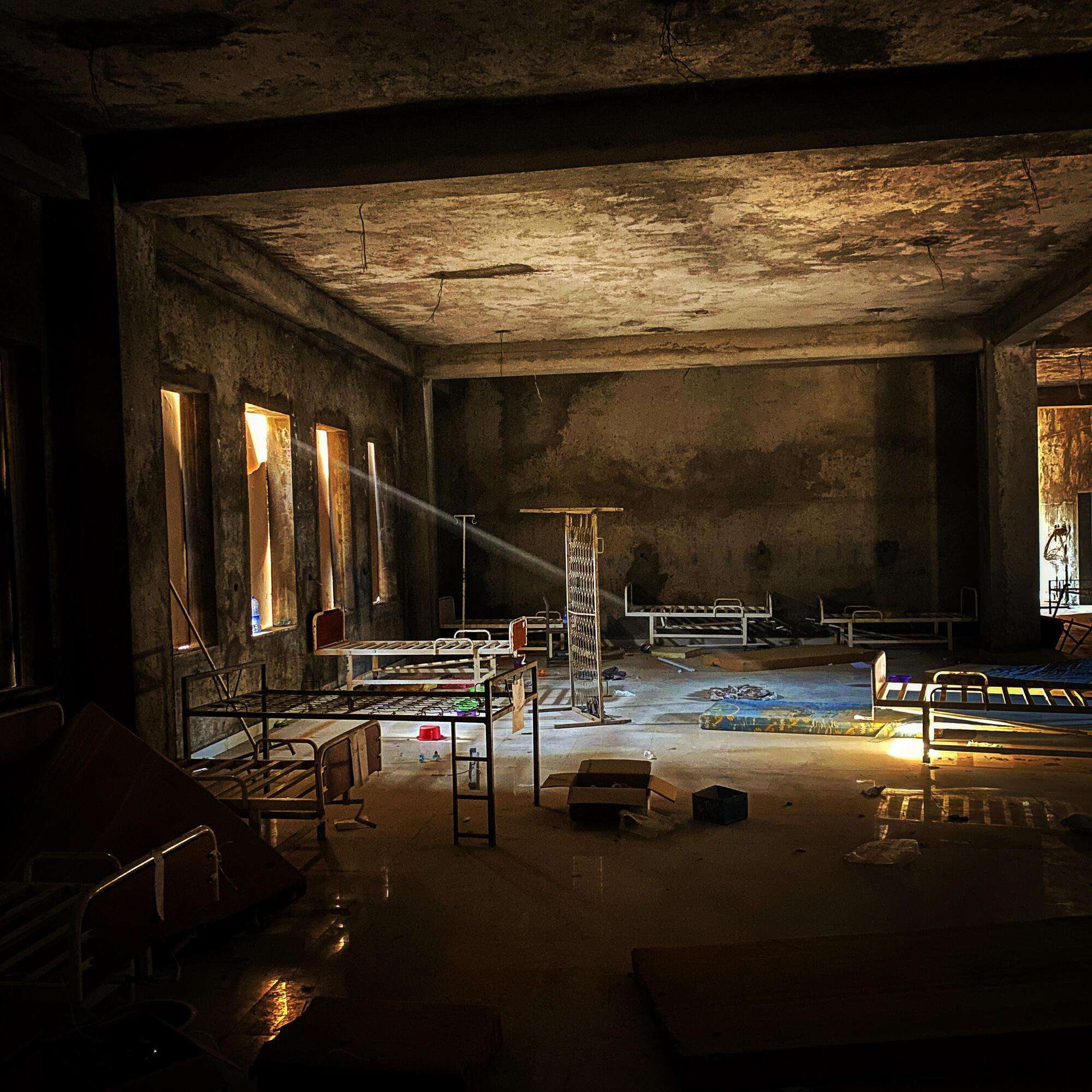NEW YORK/BARCELONA, JULY 7, 2021—Following the brutal murders of three of its staff in the Ethiopian region of Tigray on June 24, Doctors Without Borders/Médecins Sans Frontières (MSF) is demanding that local parties to the conflict carry out an immediate investigation into the killings. Without assurances that MSF’s medical work can be carried out safely, the international medical humanitarian organization has suspended its activities in Abi Adi, Adigrat, and Axum in central and eastern Tigray, but will continue to provide assistance to people in other areas of Tigray.
“Almost two weeks since the murders of our colleagues, no one has claimed responsibility, and the circumstances around their deaths remain unclear,” said Teresa Sancristoval, MSF operations director. “This is why we are requesting an immediate investigation by relevant parties to establish the facts of the incident that resulted in these deaths and to provide us with a detailed account of what happened and who was responsible. At this terrible time, we have made the extremely painful but necessary decision to suspend our activities in several areas of Tigray.”
The MSF team members killed were María Hernández, Tedros Gebremariam, and Yohannes Halefom. All three staff were wearing clothing that identified them as MSF and were traveling in a clearly marked MSF vehicle. They had been working in the area since February 2021 and were engaged exclusively in medical and humanitarian activities, in alignment with international humanitarian law and in dialogue and agreement with all parties.
“The murder of our colleagues—María, Tedros, and Yohannes—is a tragic example of the complete disregard for human life that our teams have witnessed in this conflict,” Sancristoval said. “The levels of violence against civilians and the atrocities committed in Tigray are utterly shocking.”
Since the conflict in Tigray began in November 2020, medical staff and aid workers have been directly targeted, while health facilities and ambulances have been looted, destroyed, or exploited for military purposes. MSF staff have been threatened and beaten and have witnessed armed incursions into health facilities supported by MSF. Aid organizations, including MSF, have been repeatedly undermined by public statements casting unwarranted suspicion on their activities, thereby jeopardizing the safety of their staff on the ground.
If MSF and other aid organizations are to continue working in Tigray and the rest of Ethiopia, all parties to the conflict must provide assurances that this work can be carried out safely.
“Parties to the conflict must take responsibility to ensure that an incident like the murder of our colleagues never happens again,” Sancristoval said. “It is vital that aid workers and medical staff can safely carry out their activities in an environment of trust and facilitation. Humanitarian organizations must be allowed to provide assistance—independently and impartially—according to people’s needs.”
The suspension of MSF activities in Abi Adi, Adigrat, and Axum will have major medical and humanitarian repercussions for people in central Tigray who remain caught in conflict and in urgent need of medical care. Throughout the past six months, MSF teams in these three areas have provided emergency medical treatment to 9,440 people, performed 763 lifesaving surgeries, admitted more than 3,000 people for inpatient care, helped more than 3,300 women give birth, performed 365 emergency caesareans, provided medical care for 335 survivors of sexual violence, and provided mental health support to 1,444 people. Additionally, before suspending its activities, MSF teams donated medical supplies to the Regional Health Bureau and to hospitals, which remain overwhelmed by the high numbers of patients who need care.
“The decision to suspend our activities will leave a gap in lifesaving assistance,” Sancristoval said. “We know that countless patients will go unattended and some of them will die. We know that the burden on what little remains of the health system will be crushing. Our teams must be allowed to provide humanitarian assistance in response to the needs of crisis-affected communities in safety.”






